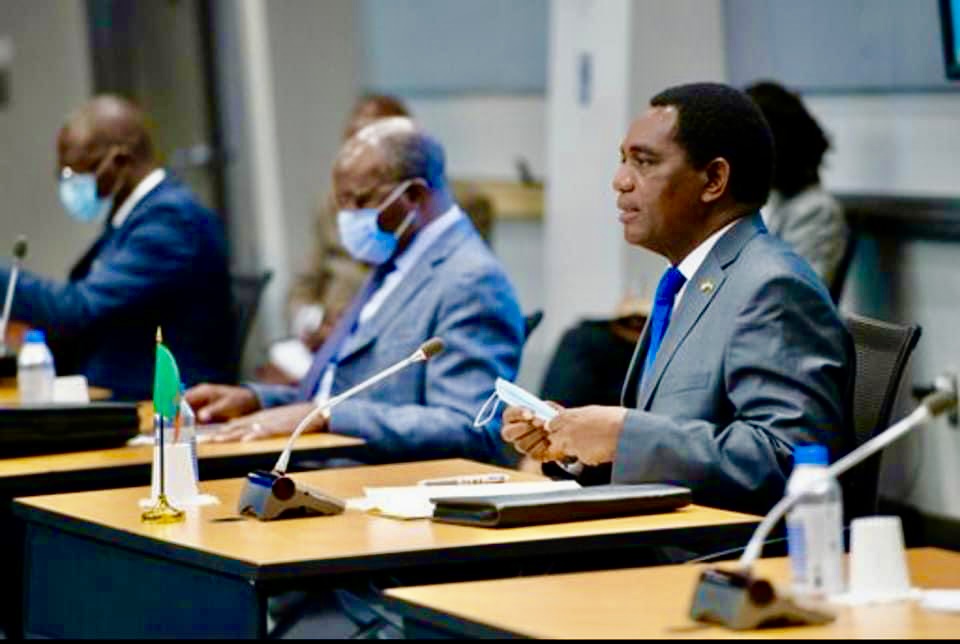Exactly four (4) days after delivery of a $10 billion (K173 billion) budget, Zambia’s Fiscal Head Dr. Situmbeko Musokotwane will update various stakeholders on progress on engagement with the Washington based lender, the International Monetary Fund (IMF) and deliberations with external creditors who have been kept at bay following the skipping of coupon payments and other debt service obligations that saw the Southern African nation downgraded to default status by international rating agencies.
Zambia is currently in the labyrinth of a debt restructure whose key precursor for its success being concluding an IMF bailout package which the red metal producer applied for formally 20 months ago. The land-linked nation has been marred by double digit inflation (last reported at 21.2% October), widened fiscal deficit at 10.4% (vs 9.3% target) on a cash basis, currency woes and other acute balance sheet vulnerabilities.
In Dr. Musokotwane’s budget delivery, it was hinted that the state targeted to agree with the IMF by mid November this year and that debt restructure could be concluded as early as 1Q22. See below budget extracts:
“To provide an anchor to our debt restructuring engagement, the New Dawn Administration is actively engaging the International Monetary Fund for a funded programme. It is very imperative that Zambia gets support from the IMF for our economic reform programme. Once attained, Zambia will be able to engage creditors to restructure its debt under the Common Framework. This will release cash resources which will enable us to finance more developmental needs. For now, we aim to conclude with creditors for restructuring of debt will be realised by the first quarter of 2022,” Dr. Musokotwane said.
“I, therefore, urge this House and the nation at large to rally together and support Government to reach an agreement with the IMF by the end of November 2021. There is no option to this otherwise the debts we owe will choke this nation to a stand-still,” the Minister said.
MARKETS VERY OPTIMISTIC POST ‘PRIVATE SECTOR LED’ BUDGET
Markets remain optimistic will await for clues on when Zambia will conclude this long awaited deal as it’s clarity has implications on risk appetite which has eluded the copper producer for a very long time. It is about a dry point of construction that political risks have significantly subsided with more confidence in the red metal hotspot following a change of government that saw Hakainde Hichilema ascend to power in the August polls.
COULD RISK APPETITE BE COMING BACK FULLY?
With delivery of a recovery budget to claw back lost growth, align to green agendas, decentralize economic activity, allow sectors like mining to help lift the economy to a historic glorious state, debt redemption and restructure clarity will be very critical should Zambia contemplate of getting an improved credit rating with Moodys, Fitch and S&P from the current default status. With a default rating it is practically impossible to the Southern African nation to make an appearance in the international capital markets should it wish to refinance its dollar bond obligations let alone the default rating has continued to hurt the banking sector from a risk grading perspective linked to standard accounting standards such as IFRS9.
The MinFin heads address will be very critical at setting recovery and market risk appetite direction for 2022. Zambias economic direction has never in history attracted so many stakeholders and attention ranging from the average citizen to multilateral partners.
The Kwacha Arbitrageur

